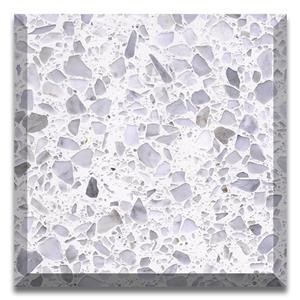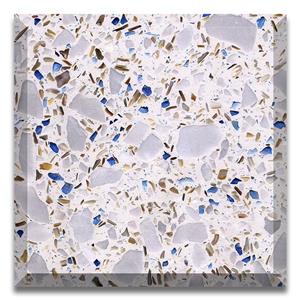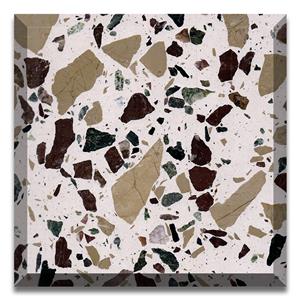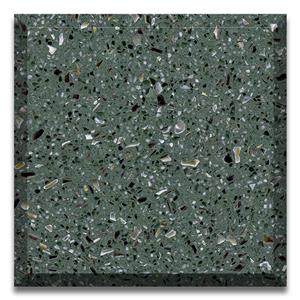How to Protect White Quartz Countertops

How to Protect White Quartz Countertops
The installation of white quartz countertops constitutes a significant and valuable enhancement to any residential interior. White quartz kitchen countertops exhibit superior durability relative to many natural stone options while imparting a refined, sophisticated aesthetic that appeals to discerning homeowners and prospective buyers alike.
Quartz is renowned for its exceptional hardness; however, improper maintenance can still lead to staining, scratching, or other forms of deterioration. This comprehensive guide outlines essential practices to preserve the pristine condition and longevity of your countertops.
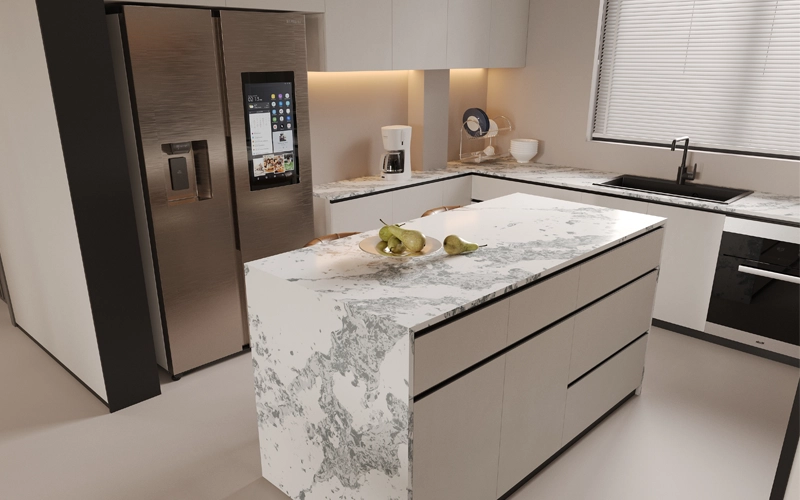
How Strong is Quartz?
Quartz ranks among the hardest materials employed in residential countertop fabrication. In its natural state, raw quartz comprises a crystalline mineral predominantly composed of silica (a compound of silicon and oxygen), formed through geological processes deep within the Earth's crust.
Over geological timescales, these crystalline formations ascend toward the Earth's surface, where they are extracted for use in manufacturing slab quartz utilized not only in countertops but also in technological applications such as electronic components and timepieces.
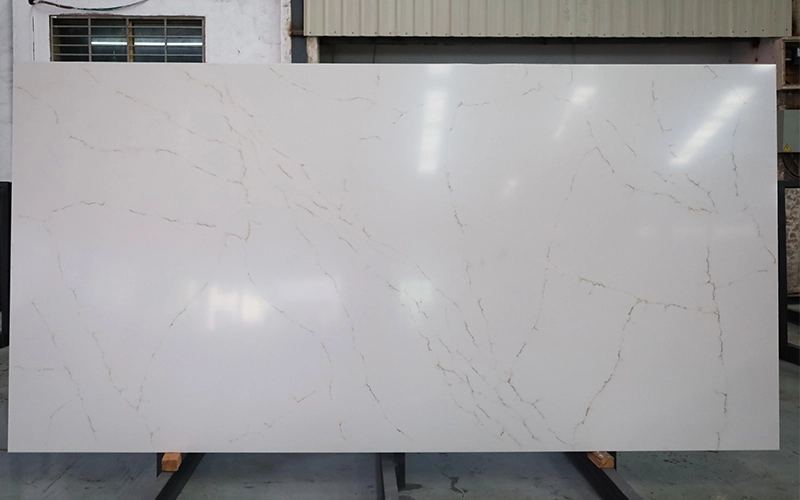
How Are Quartz Slabs Made?
In contrast to natural stones such as marble or granite, quartz countertops are engineered products.
The manufacturing process involves blending approximately 90–93% finely ground quartz with polymer
resins and color pigments.
This composite mixture undergoes compression and curing to yield a dense, non-porous slab. The slabs are subsequently tinted across a spectrum of hues, ranging from pristine white to marble-mimicking patterns exemplified by Calacatta quartz, affording architects and designers extensive creative flexibility for white quartz kitchen countertops.
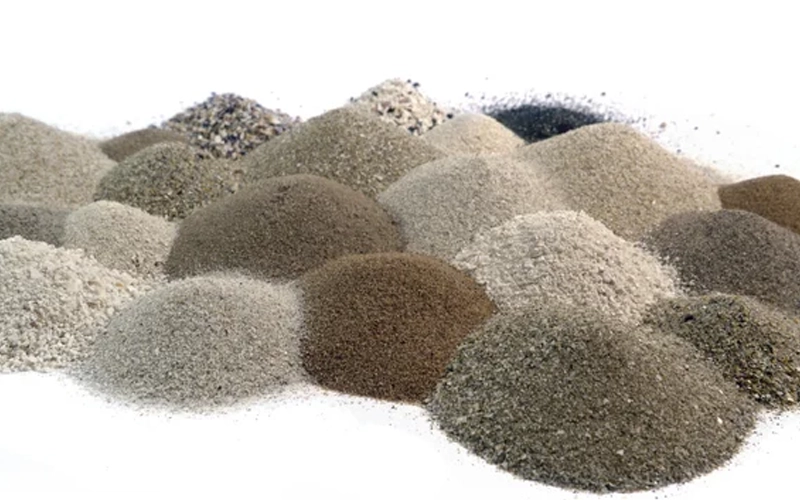
Potential Damages to White Quartz Countertops
Despite quartz's inherent resistance to chipping, certain practices may compromise its surface integrity over time:
Abrasive Cleaning Tools
Utilization of coarse materials such as steel wool or stiff brushes can abrade the sealed surface, resulting in micro-grooves prone to accumulating debris and stains.
Harsh Chemical Cleaners
Agents containing bleach, ammonia, or aggressive stain removers may initially appear effective but ultimately degrade the resin matrix and induce discoloration in white quartz surfaces.
Mechanical Impact
Repeated mechanical impacts, such as direct cutting, heavy cookware collisions, or dragging metal objects, may cause scratches, fissures, or cracks.
Thermal Damage
Although quartz exhibits considerable heat resistance, direct placement of hot cookware or styling tools can thermally compromise the resin binder, causing permanent burn marks, which are particularly conspicuous on lighter quartz variants.
Staining
White quartz's non-porous nature mitigates liquid absorption; however, prompt removal of dark substances (e.g., wine, coffee, tomato sauce) remains critical to prevent staining.
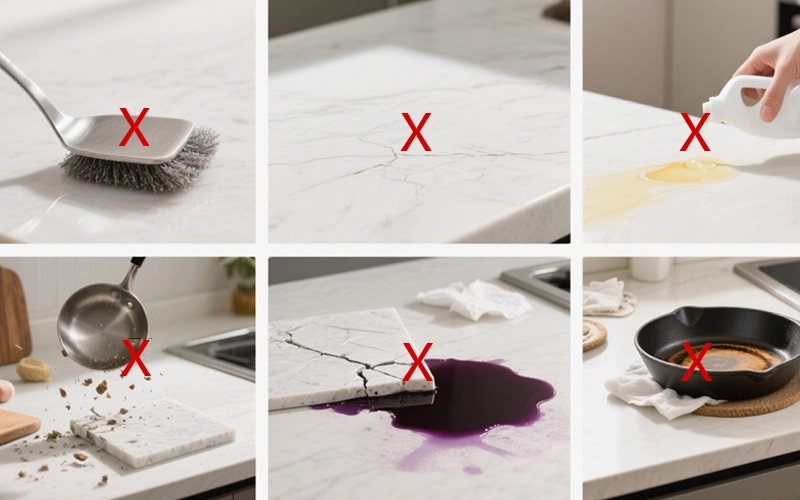
Recommended Maintenance Practices
Proper maintenance extends the functional and aesthetic lifes pan of white quartz countertops.Routine Cleaning Employ a gentle regimen utilizing warm water, mild detergent, and a non-abrasive cloth. Follow with thorough drying to prevent mineral deposits.
Preventive Measures
Implement the use of coasters, trivets, cutting boards, and placemats to shield the surface from thermal stress, mechanical abrasion, and moisture rings.
Immediate Spill Management
Expeditiously address spills to forestall stain development, particularly on white quartz surfaces that accentuate imperfections.
Specialized Stain Treatment
For persistent blemishes, utilize manufacturer-recommended quartz cleaners or baking soda-based poultices, ensuring compatibility through consultation with your supplier.
Advantages of Quartz Surfaces
Quartz countertops, whether in classic white or intricate Calacatta patterns, offer an array of performance benefits:
Mohs hardness rating approximating 7/10, ensuring resilience against daily wear
High scratch resistance (9/10)
Exceptional stain resistance (10/10)
Good chip resistance (8/10)
Heat tolerance rated at 9/10 with appropriate protective measures
Naturally non-porous surface obviates the need for sealing
Facilitates low-maintenance upkeep due to factory-sealed finish
Available in diverse designs, including slab quartz and marble-inspired aesthetics
Conclusion
White quartz countertops seamlessly combine aesthetic sophistication with durable practicality, making
them an exemplary choice for kitchens and bathrooms. With patterns such as Calacatta quartz delivering
the elegance of natural marble alongside superior performance, these surfaces represent a sound investment.
Adhering to recommended cleaning protocols will preserve their pristine condition for years. Opting for
full-size slab quartz enhances visual continuity and elevates the overall ambiance of your space.


